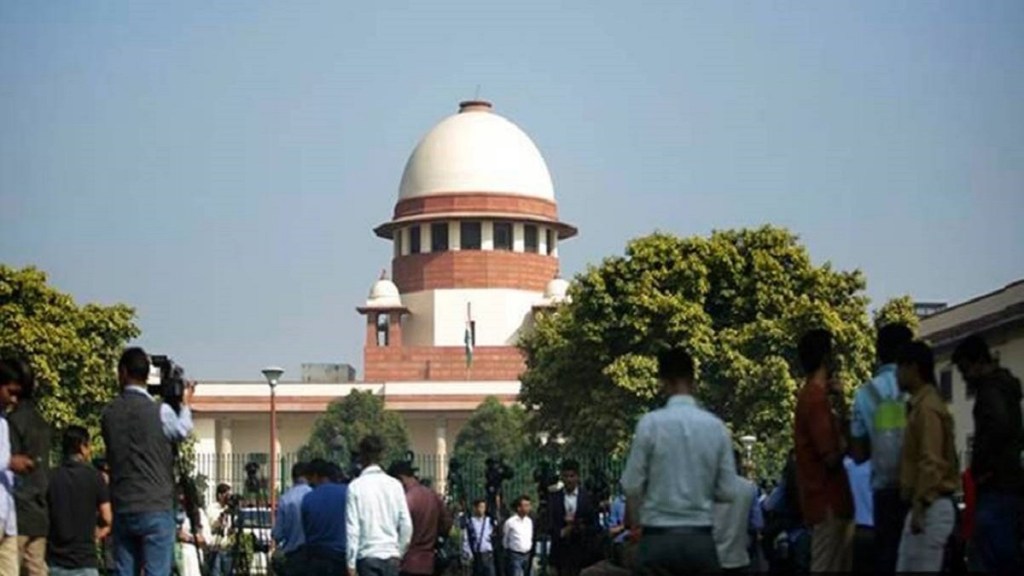The Supreme Court on Monday said it would consider the suggestions made by senior advocate Indira Jaising to make live-streaming of court proceedings more accessible to citizens.
A bench of Chief Justice DY Chandrachud and Justices PS Narasimha and JB Pardiwala noted the suggestions of Jaising and asked her to submit a note to the secretary general so that they could be considered at the time of finalisation of modalities and rules for live-streaming.
The bench recorded in its order Jaising’s three suggestions such as providing live-streaming links on the cause list itself, the court may consider live-streaming of proceedings of cases of national importance like marital rape issue in addition to live-streaming of constitution bench hearing, and providing audio recording of the submissions made before the court so that it can be archived and accessed by people.
At the outset, Jaising said she had made a suggestion to the court during the last hearing on the matter and it was recorded in the order that live-streaming links be provided in the cause list.
“Can there be a status report on the suggestion,” she said, adding her second suggestion was providing the transcripts of the proceedings which the court had said that it might be very expensive.
She said that providing transcripts can be dropped to a more affordable suggestion of providing the audio transcripts like it is done in the courts of the United States, where they do not live-stream the proceedings but they archive the audio recordings of the proceedings.
“I think providing audio transcripts is a more affordable option. Thirdly, I would like to suggest that live-streaming of cases of national importance like marital rape case hearing could be included in cases for live-streaming, as it comes within the ambit of category classified in the judgement for live-streaming of the cases,” she said.
The bench said that it is disposing of the matter and granted liberty to Jaising to file a comprehensive note of her suggestions with the secretary general of the top court.
On November 25 last year, the top court had said it would be taking steps to have its own judicial infrastructure to start live-streaming of proceedings whose access would be given to “bona fide” persons such as litigants, asserting it has ensured that the “sanctity of the institution is maintained”.
Observing that sometimes “small clips” are being circulated on social media without proper context, the top court, which was hearing a plea of Jaising on various aspects of live streaming, had said it would have to frame uniform rules, maybe for the entire country, on live streaming and the standard operating procedures on digitisation of court records.
Jaising had said small clips of court proceedings are regularly being circulated on social media sites like Instagram without proper context and there was a need to make rules on such things.
She had said that such circulation can be made an offence under the Information Technology Act.
The top court had also asked the apex court’s registry to consider providing video links for proceedings in the cause list itself as done in various high courts.
At present, Supreme Court proceedings are live-streamed through the YouTube channel of National Informatics Centre (NIC).
On September 27 last year, the top court, for the first time, started to live-stream its Constitution bench proceedings related to the hearing of pleas challenging the reservation for the Economically Weaker Sections (EWS) and a row over control of services between the Centre and the Delhi government.
In a unanimous decision taken at a full court meeting headed by the CJI, the apex court had decided to live-stream the proceedings of all Constitution bench hearings from September 27 last year, four years after the historic judgment on it by Justice Dipak Misra, the then CJI, in 2018.

